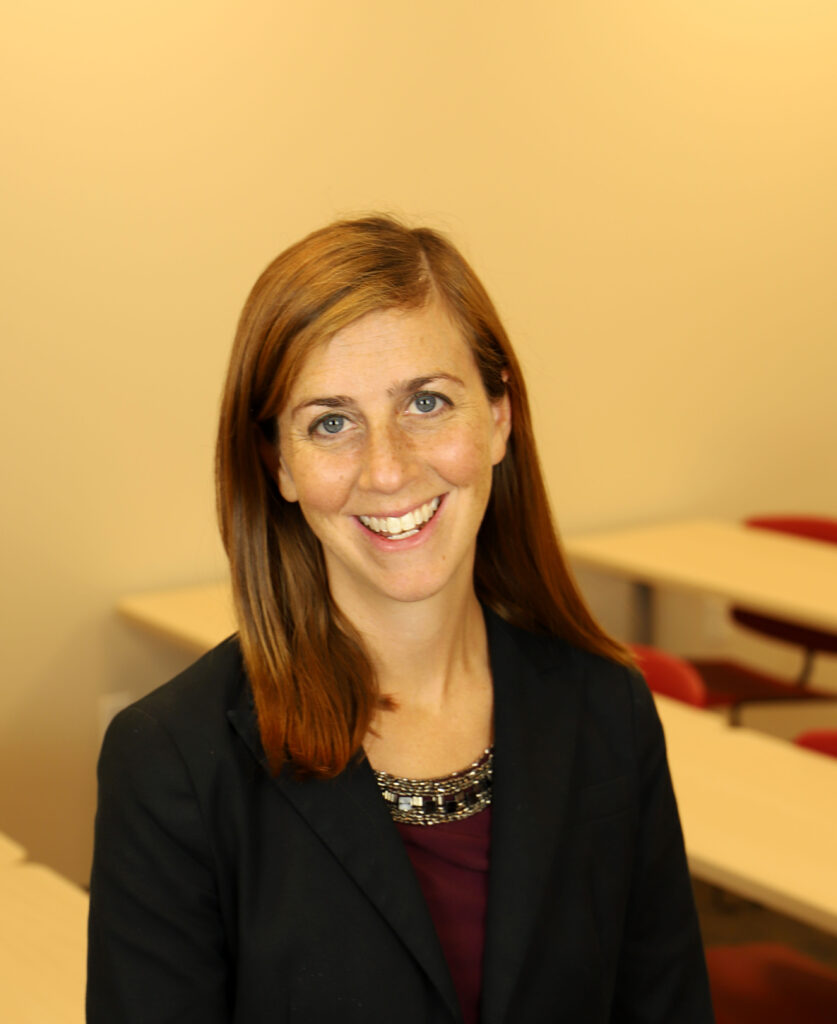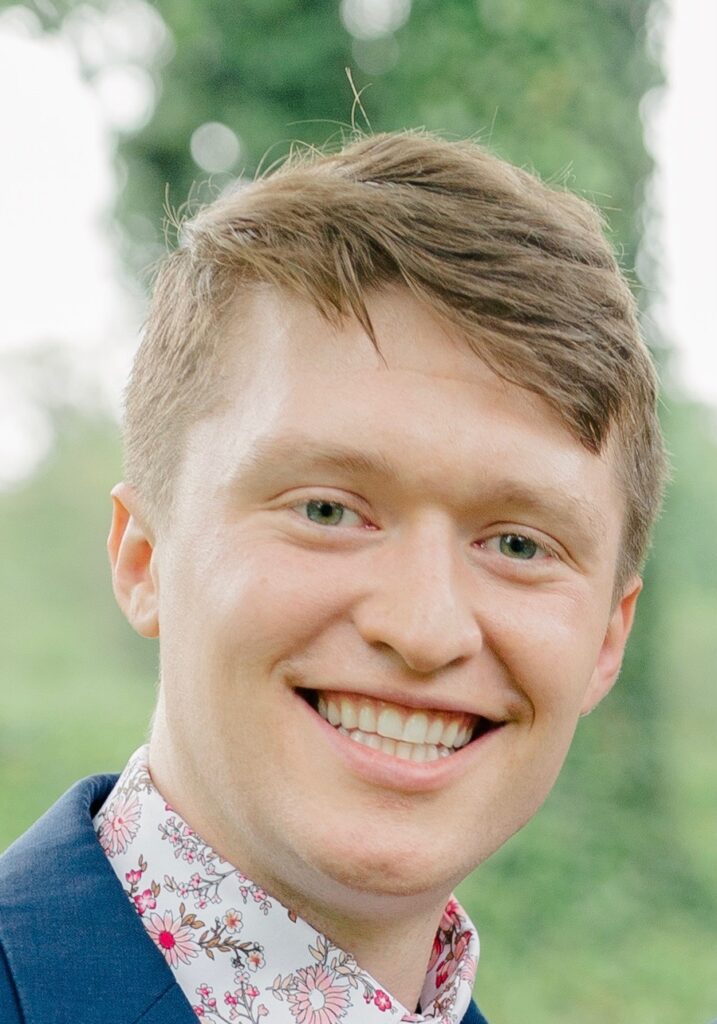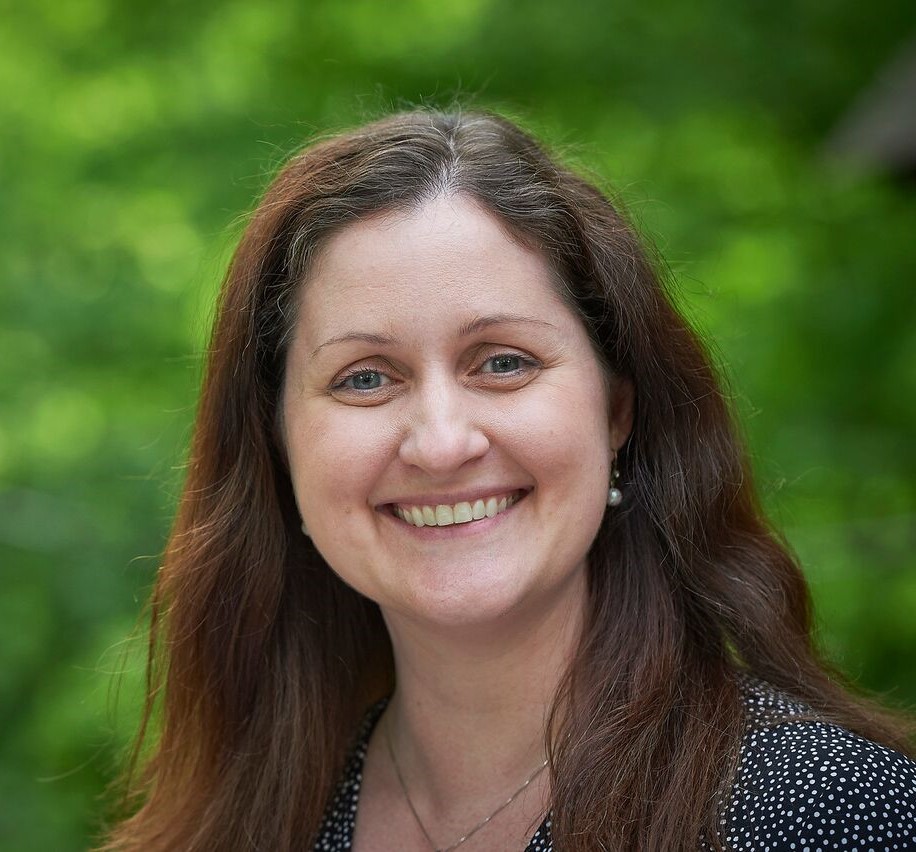Individuals who have graduated from clinical science programs in psychology, such as those accredited by PCSAS, typically pursue careers that align with their specialized training and interests in clinical science. These professionals are trained to conduct rigorous research, apply the discovery of knowledge to evidence-based practices, and contribute to the understanding of mental health and behavior. Here are a few examples of clinical scientists making contributions to improving mental health:
We are Clinical Scientists!

Read about Dr. Elissa Kozlov here
What is your current profession/position and how do you feel it relates to clinical science? I am an assistant professor and the director of the newly created online, asynchronous MPH in Population Aging at the Rutgers School of Public Health. Clinical science is central to our program in the School of Public Health. As a researcher and educator, I am constantly infusing rigorous clinical science into my course curricula as well as the grants I write.
How did your clinical science training prepare you for your profession/position? I think that having my strong background in clinical science allowed me to move fairly quickly from post doc to faculty at an R1 school. Because of my rigorous training in clinical science, I had the skills and tools to start applying for K-level grants right away on post doc. Also, despite coming from an art/science campus, my clinical science degree allows me to feel very comfortable in the academic medical environment. I’ve had the benefit of being funded by the Rutgers Clinical and Translational Science Center, NJ ACTS, which I credit, in part, to my rigorous clinical science training from Washington University.
For you, what does it mean to be a clinical scientist? Being a clinical scientist, for me, means that I am confident that I have the skills to carry out rigorous scientific research and to evaluate and utilize evidence based interventions in my clinical practice. I know that I deserve my seat at the table next to the clinical bench scientists because of my training as a clinical scientist in behavioral health. I think that the field of psychology sometimes gets criticized for lacking scientific rigor, but I know that the science I conduct, the courses I teach, and the interventions and assessments I deliver are grounded in rigorous, systematic scientific research.

Read about Dr. Daniel Moriarity here
What is your current profession/position and how do you feel it relates to clinical science? I am currently an F32-funded postdoctoral fellow at the UCLA Semel Institute for Neuroscience and Human Behavior. In this role, I both conduct basic research on the dynamic interplay between stress, immunology, and depression while also contributing to the design and execution of a multi-million-dollar precision stress clinical trial. Additionally, I serve as the Science & Research Workgroup Chair for the California Stress, Trauma, and Resilience Network, where I oversee the development of novel public-health oriented technologies and the mentorship of ~70 junior colleagues. This position has really helped me translate the excellent training I’ve received at Temple University to design and conduct research I believe is necessary to advance the rigor of clinical psychological science, directly contribute to the health of participants via treatment research, and provide clinical science-focused guidance to trainees.
How did your clinical science training prepare you for your profession/position? My clinical science training has been integral in my motivation and ability to be actively involved in projects across the basic/clinical/translational science continuum. More specifically, doing the types of basic research necessary to build the foundation of precision clinical psychology while actively evaluating existing treatments and the details that determine their efficacy (e.g., matching treatments to specific symptom and pathophysiological profiles). Being in a strong, clinical science-focused program, provided me the conceptual and technical acumen to do the types of work that I believe are integral both to advancing clinical psychology in an efficient and replicable way.
For you, what does it mean to be a clinical scientist? To me, the essence of a clinical scientist is about remaining grounded in the needs of the population our work should serve—whether we work at a lab bench or deliver interventions in the field. These people need and deserve more than grants and papers, they need a scientific workforce willing to think deeply, collect and analyze data thoughtfully, and center themselves around intellectual humility and curiosity rather than defensiveness or ego. All knowledge has intrinsic value, but as clinical scientists we must prioritize using our training and gifts to ask the most important questions our resources allow to improve public health.

Read about Dr. Alexandra Zaleta here
What is your current profession/position and how do you feel it relates to clinical science? I am Associate Vice President of Research and Insights at CancerCare, a national advocacy and support organization serving people affected by cancer. My research is focused on better understanding the experiences and needs of people with cancer and their caregivers. The goal of this research is not only to contribute to our scientific understanding of the impact of cancer, but to create actionable insights that can inform advocacy, improve cancer care delivery, and drive healthcare policy.
How did your clinical science training prepare you for your profession/position? Advocacy-focused cancer research is fast paced and covers a diverse range of topics: unmet psychosocial needs, financial impact, care access barriers, impact of health insurance practices, shared decision-making, and many other patient experience outcomes. To do this work well, you must engage diverse stakeholders throughout the research process, including people living with cancer and their families, healthcare providers, policymakers, industry, and others. This kind of research requires a constant balancing act of rigor and efficiency, because the research must be high quality yet also timely and relevant. Having foundational training in research design and analysis, survey development and measurement validation, clinical assessment, and best practices in psychosocial care has been fundamental to achieving these goals
For you, what does it mean to be a clinical scientist? In my career, being a clinical scientist means creating real-world change through well-designed, collaborative, and person-focused research.
Some Possible Clinical Science Career Pathways
Here is a list of some career pathways that have been followed by graduates of clinical science programs:
Practicing Clinical Psychologists: Training under a clinical science model can ensure treatment interventions are grounded in science and research. Many PCSAS graduates become licensed, practicing clinical psychologists. In a recent comprehensive analysis of over ten years of PCSAS graduates, we found that 73% report engaging in clinical service delivery in their current positions.
Academic Roles: Clinical scientists often pursue careers in academia, working as professors, researchers, or both. They may teach courses related to clinical psychology, conduct research in areas such as psychopathology or therapy effectiveness, and also mentor graduate students.
Clinical Supervisors and Consultants: Some clinical science graduates become clinical supervisors, and oversee the training and development of other mental health professionals, such as interns or therapists-in-training. They may also offer consultation services to organizations or to other professionals.
Research Positions: Clinical scientists may work as researchers in various settings, including universities, research institutions, government agencies, or private companies. They design and conduct studies to advance our understanding of mental health issues and develop evidence-based interventions.
Policy and Advocacy: Some individuals with clinical science backgrounds engage in policy and advocacy work. They may work for government agencies, non-profit organizations, or advocacy groups to influence mental health policies and promote evidence-based practices.
Program Development and Evaluation: Clinical scientists may be involved in developing and evaluating mental health programs and interventions. These clinical scientists may be involved in designing and assessing the effectiveness of therapy programs, prevention efforts, or advancing public health initiatives.
Teaching and Training: Clinical science graduates often teach and train other mental health professionals or students. This may involve designing and delivering workshops, seminars, or continuing education programs.
Hybrid Roles: Some individuals pursue hybrid careers that combine clinical practice with research or teaching, allowing them to apply their clinical science knowledge in multiple ways.
The specific career paths chosen by clinical science graduates depend on their specific interests, expertise, and professional goals. However, all these paths involve a commitment to integrating scientific knowledge and evidence-based practices into their work, contributing to the advancement of clinical psychology and the improvement of mental health care.
Next page: How Can I Get Involved in PCSAS?


